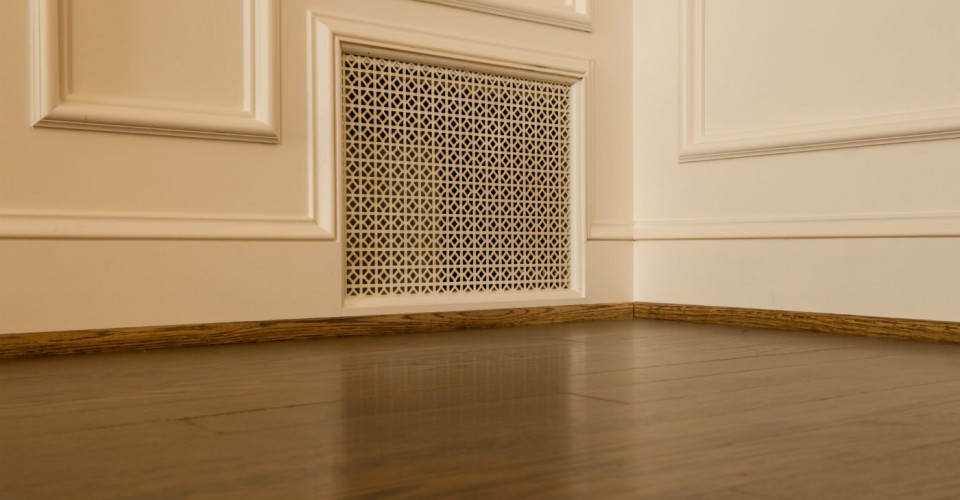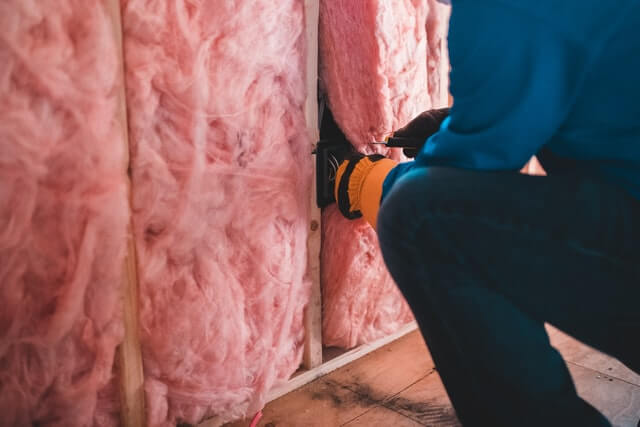With summer just around the bend, you may be looking forward to days spent outdoors and returning to an air-conditioned house. Or maybe you’re thinking of having an AC system installed to help fend off the heat, or even plan ahead to update your heating system to save on winter heating costs. Whatever sort of HVAC project you have in mind, it’s best to have a sense of the scope of the project and the what your budget for HVAC costs will allow before setting out.
You’ll want to have a detailed plan before work begins, so you know where your cash is going. Don’t settle for what you think you can afford. Failing to budget or rushing into a project without budgeting for it can have you caught up in overruns. Don’t get burned in the end because you failed to adopt a solid budget for your HVAC system.
Determining your budget
Included in any estimate you get from your HVAC contractor is a listing of all labor, materials, items, and products that will be used to complete the job. Plan for unexpected emergencies and issues that could eat up a chunk of your budget. Perhaps your contractor says it will take one more day than expected to perform a task, or maybe the product you wanted is not in stock but another more expensive one is. With a few extra dollars saved with this in mind you can feel confident that the project will go smoothly.
Cost factors
A number of factors affect HVAC project costs, including the cost of the appliance, labor, and additional requirements such as updating the gas line or water line connections. In some instances, a new appliance may require minor duct work updates which will add to both cost, time and the possibility of needing to hire another professional to patch drywall. When considering short-term versus long-term costs, your unit’s energy-efficiency can also impact how far your dollar will go in an HVAC project. An upgraded HVAC unit may cost more to install however it may end up saving you a significant amount of money in energy savings. Having a thorough discussion with your HVAC installer and reviewing all options available, will help you make the most educated decision.
Materials
Some units and ductwork are more expensive than others. The size of the unit you get for, say, central AC depends on the size of your home and your cooling needs. According to Energy.gov, any air conditioner made after January of 2006 must have a seasonal energy-efficiency ratio (SEER) rating of at least 13. The higher the SEER, the more efficient it is and less costly to operate. Units with higher SEERs will cost you more initially, but think about the potential energy savings and possible tax breaks you may receive.
Typical project costs
Planning to add central air on to your existing forced-air heating system? According to This Old House, you’ll spend between $3,500 and $4,000 for a 2,000-square-foot home. Going for a split HVAC system? The combination of interior heating and exterior cooling will raise your HVAC costs, depending on the type of unit, with ductless units ranging between $2,000 and $7,000.
Financing
Unless you have enough cash in your discretionary budget to cover your costs, you’ll need to finance your HVAC project in some way. Most contractors want a percentage of the money up front and the remainder at the completion of the project. Many will accept cash and check. This may be perfectly acceptable to you if the job is small. For big involved projects, consider getting a home loan or home equity line of credit to finance the endeavor. This way, you can pay your HVAC contractor, withdrawing the money as needed. Don’t forget to include the interest and any fees in your budget as well.
Managing the project
Remember that even though you’ve hired a professional to work on your HVAC system, managing the project and the budget is always the responsibility of the homeowner. Knowing where your money goes, and how it is being spent, is important for you to keep track of. In general, and HVAC upgrade or installation should only take a few days and the service person may require that the homeowner is at home during that time to answer questions. It is the responsibility of the homeowner to clear out the work area and provide easy access to the parts of the home that need to be worked on. Keep pets in another area of the home and keep children away from the potentially sharp or dangerous items. Before work begins, have a discussion with the professional regarding the hours they plan on working and when they’ll need to get into the home.
Stay knowledgeable
One great way to stay on top of all the typical costs of HVAC projects to aid in crafting your budget is to use search for your HVAC pro on Porch. You can view their past projects and project costs, as well as get connected to them directly.
Top image credit: Paulsen Construction Services LLC




